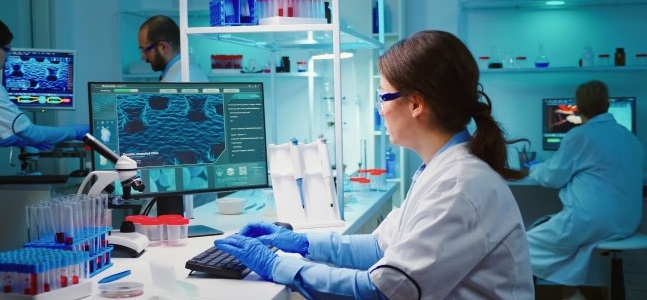THE SILENT CRISIS OF FAKE AND SUBSTANDARD DRUGS IN NIGERIA
Fake and substandard drugs remain one of the most troubling public health issues in Nigeria. Despite ongoing campaigns, monitoring efforts, and policy reforms, the menace continues to grow. The problem is not only medical but also social and economic. Medication is expected to bring relief and healing, yet counterfeit drugs achieve the opposite. They worsen health conditions, contribute to avoidable complications, and sometimes result in death.
This challenge has created fear and distrust within the health system. It also threatens productivity and drains the economy, as patients spend longer periods seeking treatment for illnesses that fake drugs cannot cure. Globally, this issue is recognized as urgent. The World Health Organization estimates that one in ten medical products in developing countries is either substandard or falsified. For Nigeria, this statistic translates into a severe national crisis that requires immediate attention.
ResearchGains recently conducted a survey to capture the public experience and perception of fake drugs in Nigeria. The results paint a troubling yet revealing picture.
Experience with Fake Drugs
Sixty percent of Nigerians admitted to having unknowingly purchased fake or substandard medication. Only twenty-four percent said they had not experienced this, while sixteen percent were unsure. This shows that the majority of people are directly or indirectly exposed to counterfeit drugs.
Where Fake Drugs Are Commonly Sold
Respondents strongly linked fake drugs to informal distribution channels. Thirty-four percent said open drug markets such as Onitsha Bridgehead are the main sources, while thirty-two percent mentioned roadside kiosks. Twelve percent pointed to some pharmacies, and eight percent identified online platforms. This suggests that fake drugs are not limited to informal sales alone but have also penetrated regulated and digital spaces.
Confidence in Pharmacies
Pharmacies are expected to inspire trust, but confidence levels remain divided. Forty percent of respondents said they are very confident in the drugs they purchase from pharmacies. However, forty-four percent said they are only somewhat confident, and sixteen percent said they are not confident at all. This mixed result signals the need for stronger verification systems even in trusted outlets.
Impact on Health
A large majority of respondents, eighty-six percent, believe fake drugs are contributing to rising health complications and deaths in Nigeria. Only ten percent disagreed, while four percent were unsure. This perception highlights the level of awareness about the dangers counterfeit medicine poses to public health.
Who Is Responsible?
When asked who bears the most responsibility for the circulation of fake drugs, thirty-eight percent of respondents said all stakeholders share the blame, including regulators, importers, manufacturers, and distributors. Thirty-two percent specifically identified distributors and retailers, while fourteen percent pointed to manufacturers. This shows that accountability is widely perceived as shared rather than isolated.
Support for Punishment
The demand for justice is overwhelming. Ninety percent of respondents support harsher punishments for those involved in the production and distribution of fake drugs. This finding indicates strong public pressure for reforms and strict enforcement of laws.
Possible Solutions
Respondents believe that tackling fake drugs requires a multi-faceted approach. Forty-eight percent suggested that all possible interventions need to be combined. These include stricter regulations, public awareness campaigns, and the use of drug tracking technology. Another twenty-six percent emphasized enforcement and regulation alone.
Conclusion
The findings demonstrate that fake and substandard drugs remain a national emergency in Nigeria. While progress has been made, the persistence of counterfeit medicine undermines trust in health systems and threatens lives. Addressing this crisis will require a stronger partnership between government, regulators, health professionals, and the public. The use of technology and awareness campaigns must be prioritized. More insights on the Nigerian health system can be found in this Health Ministry report.
At ResearchGains, we provide data-driven insights to inform better decisions and stronger policies.





